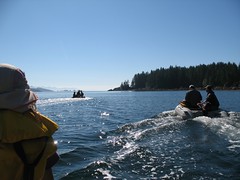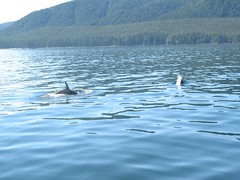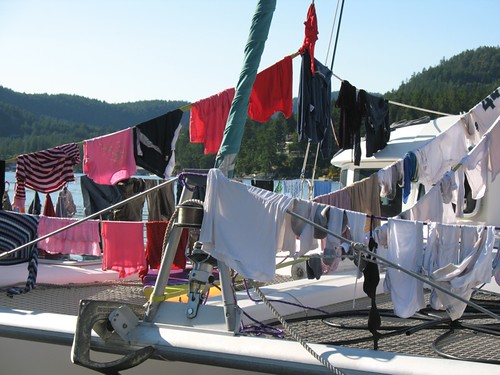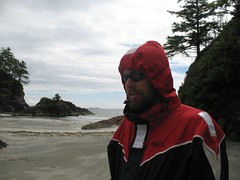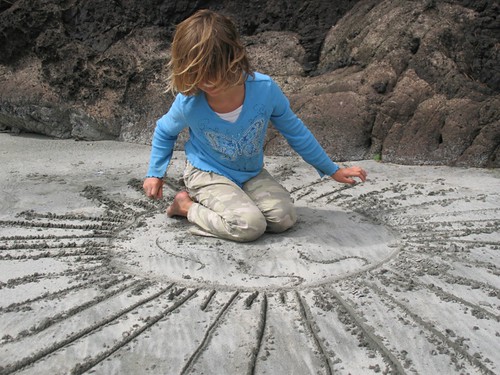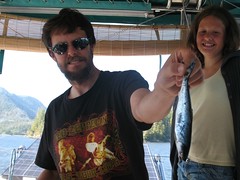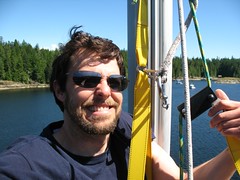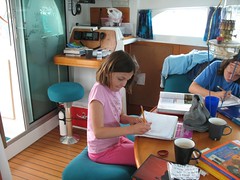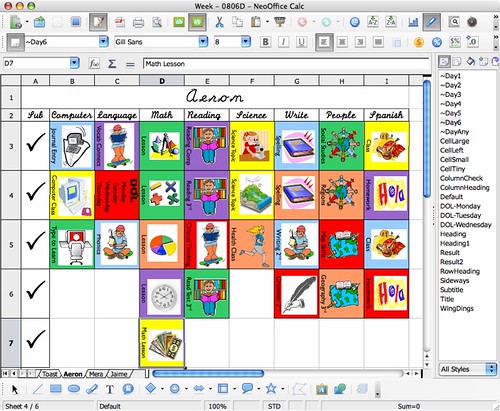
Today I learned about the loss of a friend. Greg Jennings was a tall, slender, quiet man with a mystic smile that made you wonder what he was thinking. It was college, and Greg was a phase in my life where I experimented with the concept of Great Romance. I was young, stupid, overly emotive, and quite frankly the world's most psychotic girl friend. It's lucky we both survived the experience.
Fortunately, Greg stayed his mellow self. He became a forest ecologist for the Bureau of Land Management, married Lisa, and lived his life by his own terms. A motorist killed him Monday as he commuted home from work on his bike. All accounts suggest that he was doing the commute right, with all the correct gear, behavior, and location on the road. Some complete idiot hit him anyway.
The news came to me through a mutual friend with a long list of CC email addresses, each name of which triggered a series of flashbacks. These were the people of my young adulthood with whom I spent hours drinking, dancing, philosophizing over coffee in East Bay diners, and contemplating the infinite possibilities of the navel. Some were at my wedding, others were lovers, most were people I haven't seen in two decades. Our musings on Greg's death remind me why Dean and I are cruising.
There is no assurance. We assume we will all just keep going. Hoffman and Mulloy, Kalin and Dyer, Jost, Hickman, Makler... Jennings. And then we find out they stop. This leads to the inevitable conclusion that we all stop. So obvious. Live today for tomorrow some asshole will change the music on his iPod and strike us down.
I don't miss Greg; I haven't seen him since the 80's so it would be complete drama queen to say I miss him or that this is extraordinarily painful news. I miss the idea of Greg being somewhere living his life, doing his thing, smiling his enigmatic smile, and smelling good to his wife. I miss the total fallacy of a certain future. I want him back so that I can once again ignore mortality.
I want to sail away this afternoon with my husband and children and never come back.

